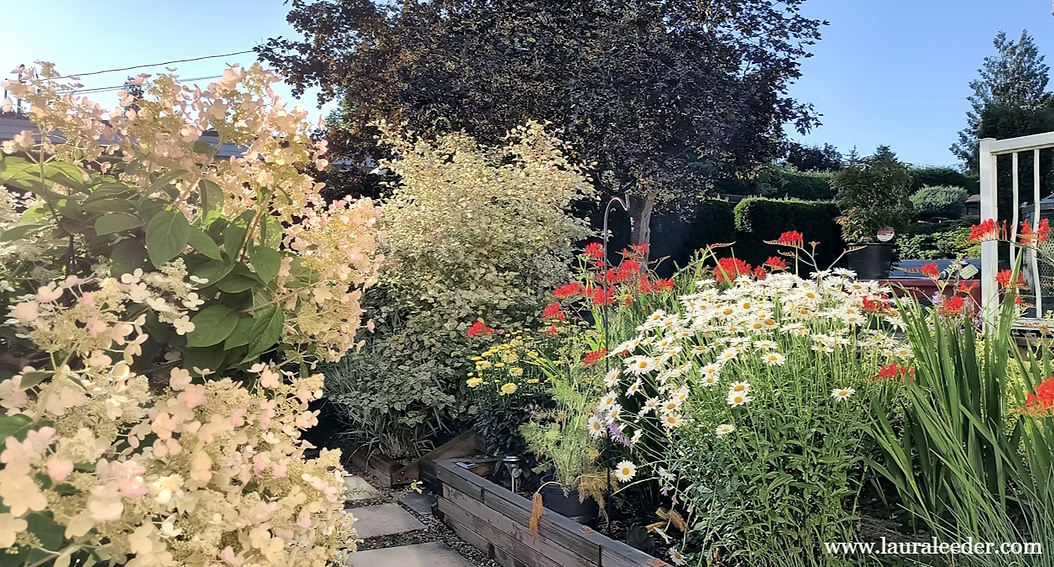Is our goal to have Chronic Health?
You were born with wings.
Why prefer to crawl through life?
- Rumi
Relationships
Relationships, which are critical to our well-being, however, when not going well, can be a huge source of stress. And when they are going well can also be a huge part of safety and security. Letting go of anger and forgiveness is likely one of the most important things in helping chronic stress.
This is missing in a lot of discussions.
The same way that the negative emotions are affecting our physiology, the positive things like connection, love, and friendship also affect our health immensely. When we talk about resilience, we look at when we were loved. Can you remember the time that you were really loved?
An important question to ask yourself is:
Who have I loved?
How have I loved?
Was I loved?
Pain
Why do we hold on to past pain? It takes time to adapt to pain, grief, or trauma. We need to work through all the stages.
Resilient people go through this understanding that it will resolve. It may not be completely ok, but we can live with it. We develop a kind of coping without the excess pain.
The Rise of ADHD
The prescription pad has changed in some ways and in other ways, has not. An increase in adult ADD and ADHD diagnosis and although some of those may be true, some I believe are symptoms of overwhelm and burnout. Either way, the treatment in my practice is the same, it is holistic and behavioral focused.
Integrating the mind, body connection and learning tools and techniques like self-regulation and breathing exercises to manage the symptoms so that people can live without feeling that they can't function.
Stress and Burnout During the Global Pandemic
The World Health Organization estimated that one in four was at risk of stress-related disorder in 2021. They also declared burnout as an occupational phenomenon. And nearly 70% of people surveyed said that they feel that the last few years were the most stressful of their lives. With the growing need for mental health services, many feel that their needs are unmet.
Mind Body Connection
I refer to myself as an integrative therapist. I have been practicing holistic therapy for many years looking at the mind, body connection. It used to be kind of woo woo to talk about holistic therapy, but it is mainstream now. We can't talk about depression without talking about sleep, nutrition, movement, connection and what is going on in the body and the mind. They are all interconnected, which is foundational to my practice. I have many tools such as CBT, DBT, and EMDR that I use to weave through therapeutic interventions.
My work also tends to lean into many conversations around burnout, stress and exhaustion. I guess because I have been there many times and have a deep understanding and empathy around how we can better support ourselves. My practice has led me to work with people around the world. I have been fortunate to work with women in many countries, and yes, we all struggle with many of the same things... self-worth, overwhelm, stress, relationship issues, and burnout!
There are two therapeutic approaches that research has shown to have significant results. One is the daily practice of gratitude and the other is journaling. Much research has shown that journaling (in hand to paper) processes our emotions better than any other technique.
I suggest doing this every day, first thing in the morning.

Here is a great article on journaling that you can review.
https://positivepsychology.com/benefits-of-journaling/
Remember...
"You are the sky. Everything else - it's just the weather."
- Pema Chodron
Lynn Hiscoe | Career at a Glance
I am a Registered Clinical Counsellor and a Registered Social Worker providing support and therapy to individuals, families, professionals, workplaces, and organizations. I’ve worn many hats over my 20 years of experience and leadership in the field of mental health.
I’ve served as mother, coach, therapist, clinical supervisor, manager, and team leader supporting clinicians, social workers, educators, workplaces, unions, and paraprofessionals on mental health and complex cases.
My approach is tailored to the individual, while providing treatment with empirical, evidence-based therapy such as cognitive behavioral therapy (CBT). I have worked primarily with professionals in education, medical, and community mental health settings. Highlights:
- Counseled thousands professionals and individuals over the course of my career
- Written dozens of programs, assessment tools for employers and workplaces
- Pioneered “Living with Balance” program - CBT based group therapy program for teachers across BC.
- Contributed to several publications and textbooks.



